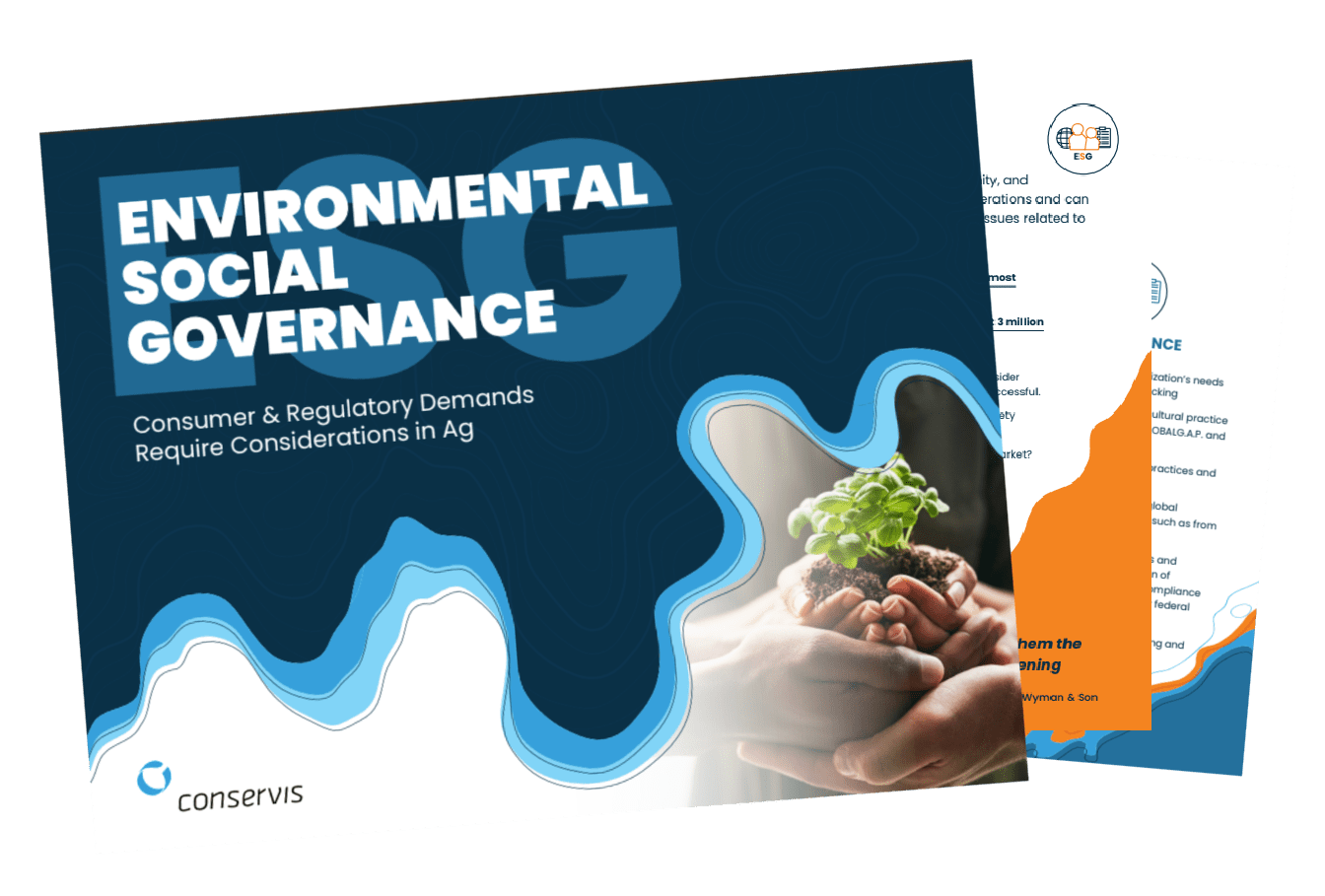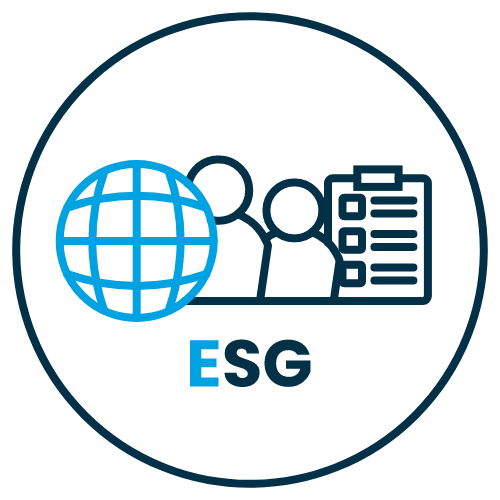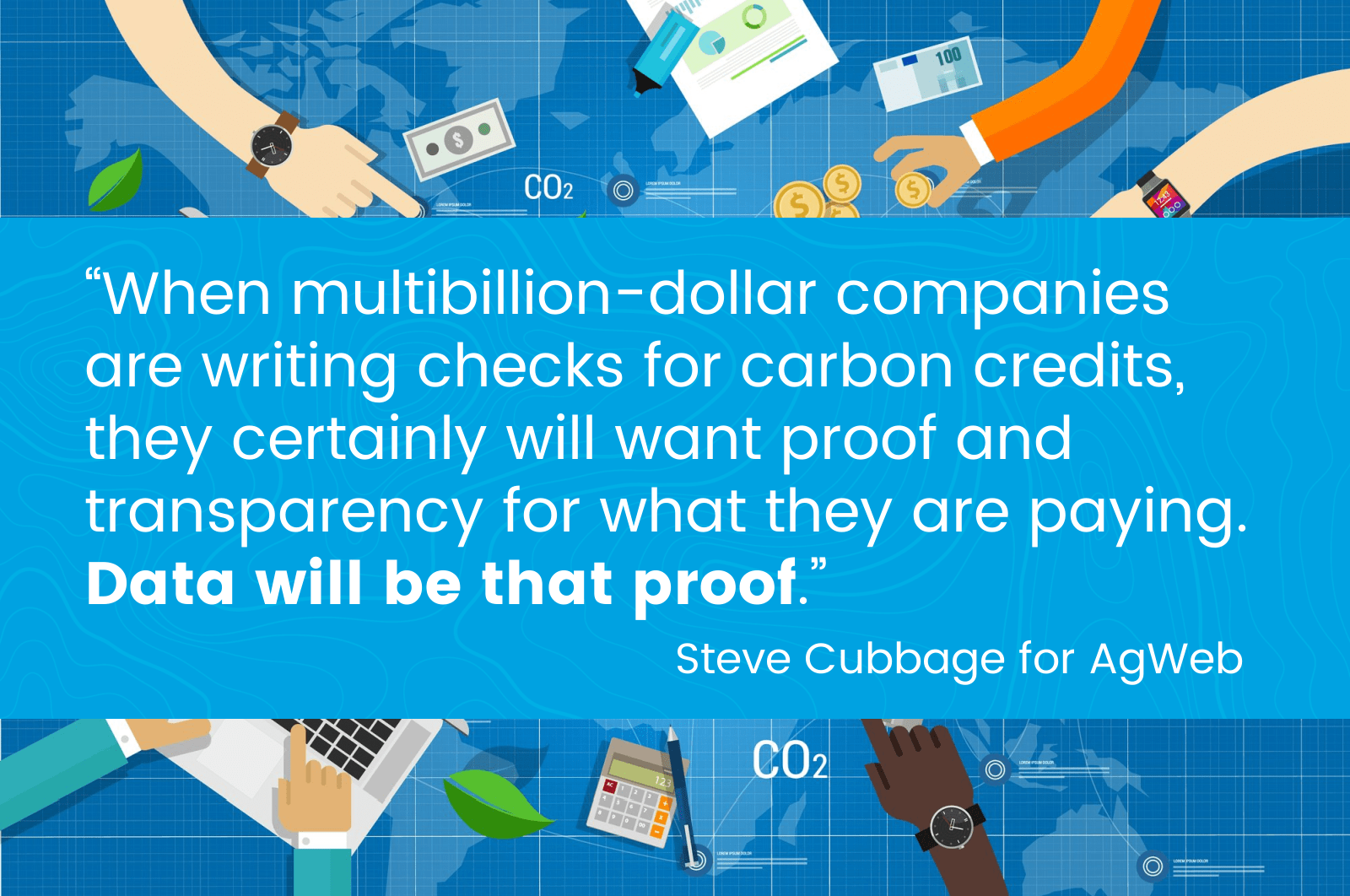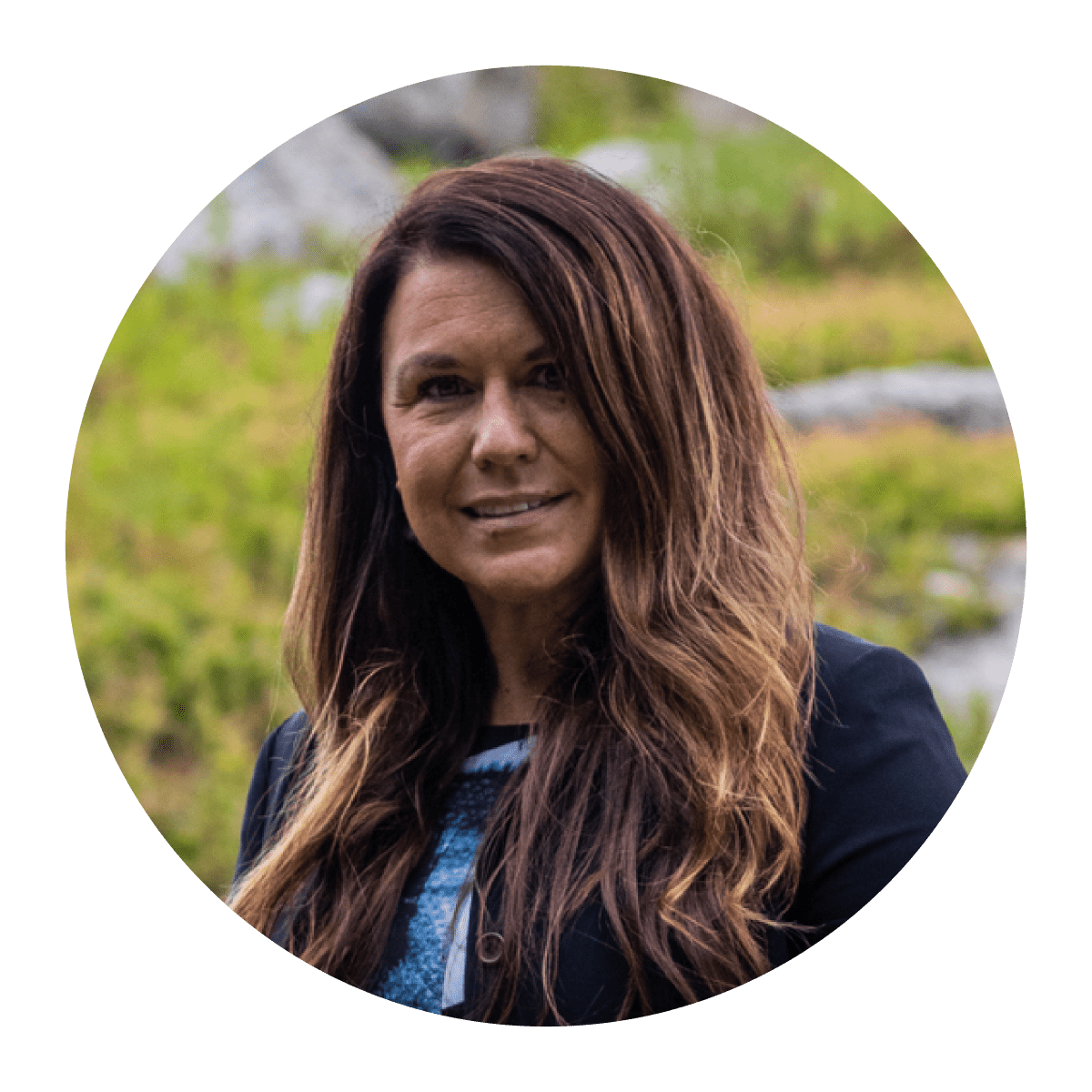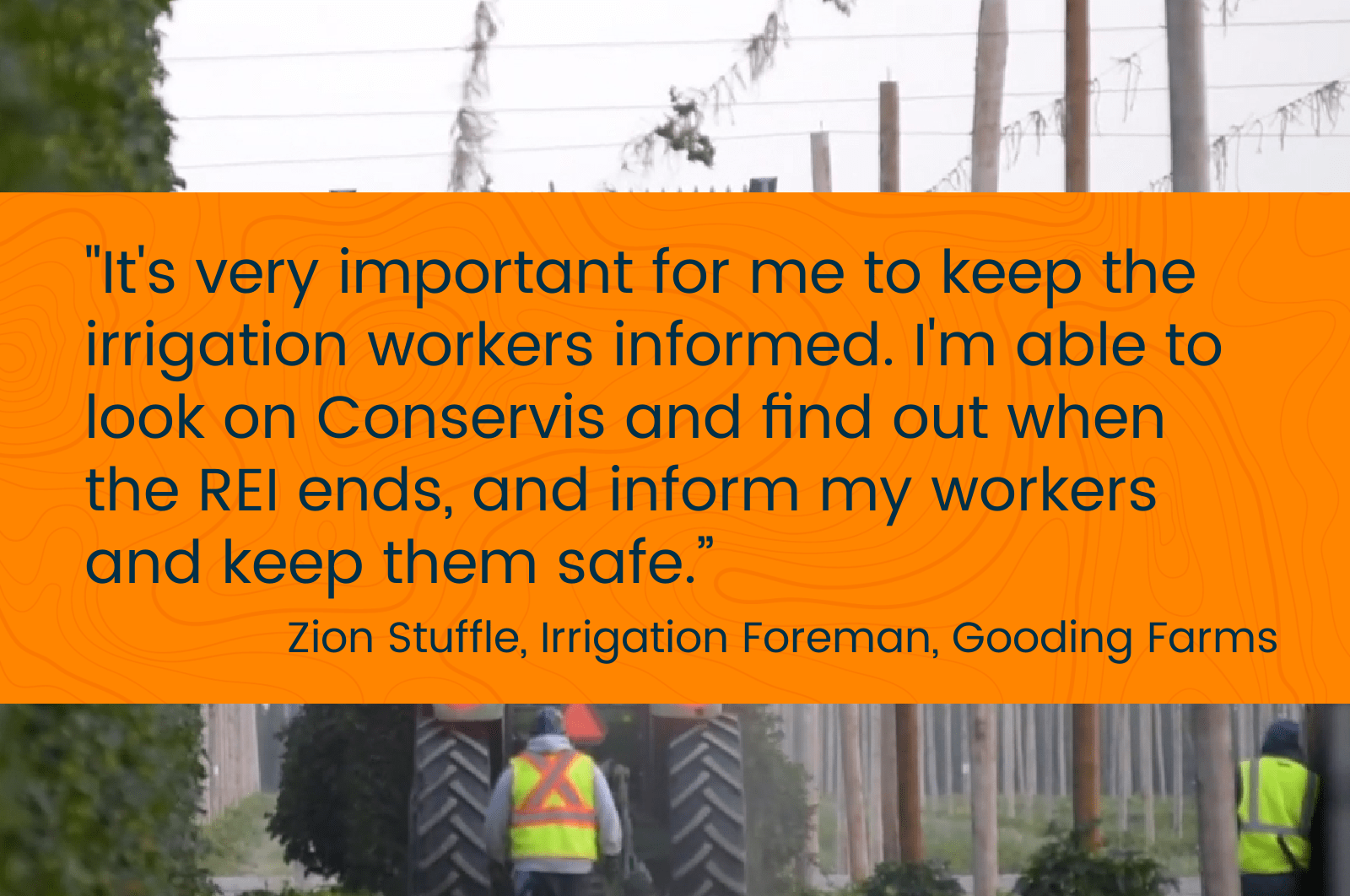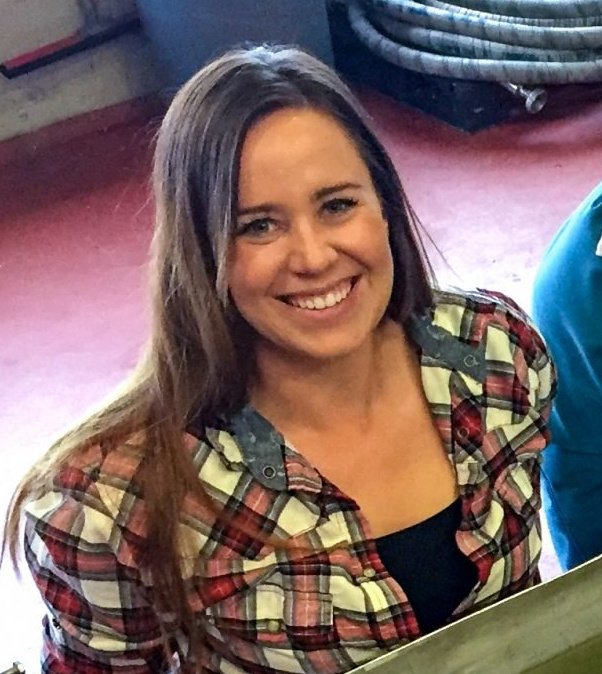ENVIRONMENTAL, SOCIAL & GOVERNANCE
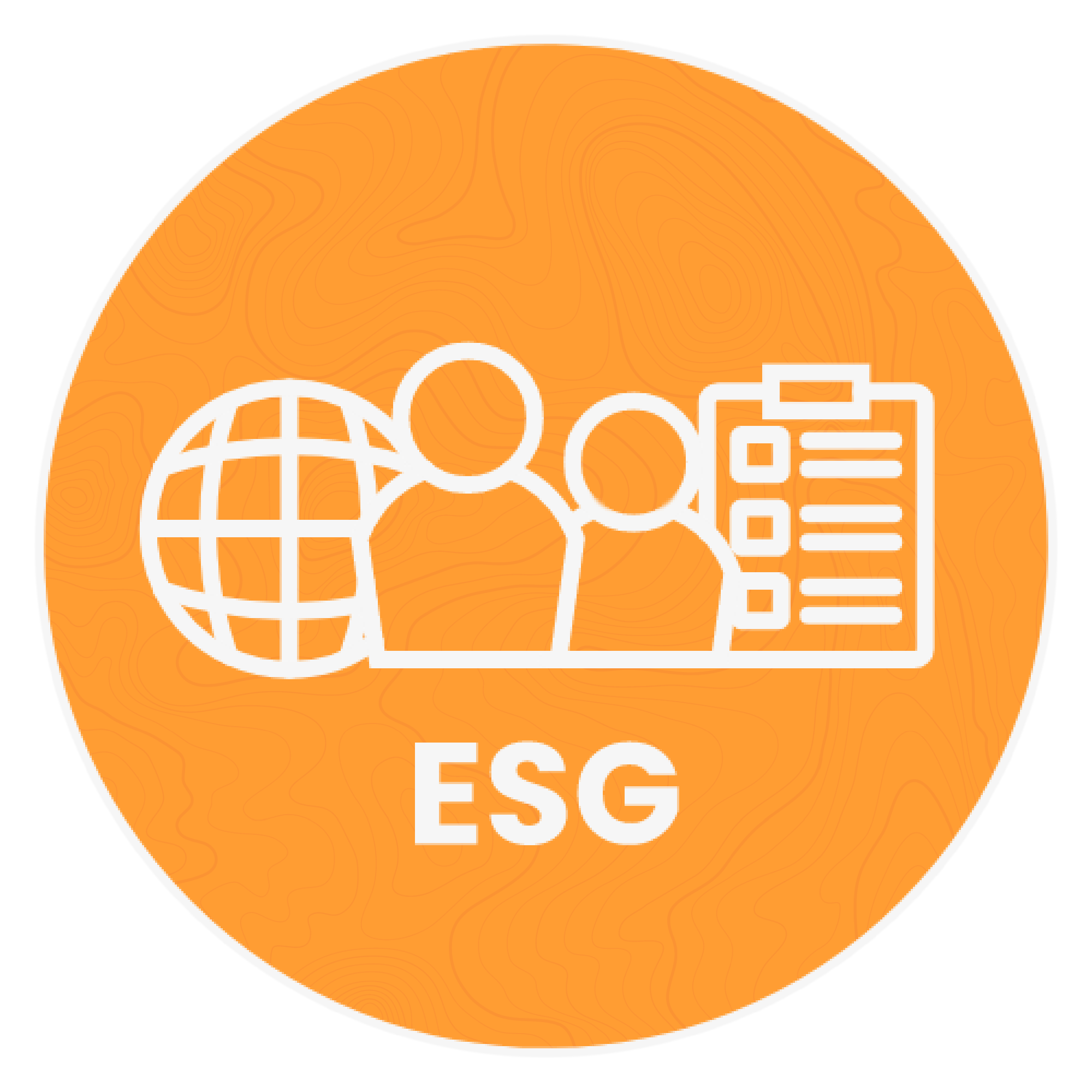
GLOBAL ESG CHALLENGES MEET AGTECH SOLUTIONS
Agriculture sits at an inflection point. New opportunities and imperatives drive a need to harness data and its collective power to make continuous improvements across diverse segments of the industry. Building sustainable practices, feeding a growing population, developing stronger labor forces, improving social and gender equality, and curbing climate change are some leading examples. Collecting and using on-farm data can both satisfy regulatory compliance and certification requirements and increase profits on farm.
The issues surrounding environmental, social, and governance themes (ESG) are not new to agriculture. Investors and other stakeholders now require growers and managers to generate specific environmental or social outcomes. All this, when paired with financial investment returns, position the ag industry to make significant contributions to delivering ESG commitments while also positively impacting the economic landscape.
FARM MANAGEMENT SOLUTIONS TO CONSUMER & REGULATORY DEMANDS
As consumer demand also grows, agriculture has the added opportunity to be the leader of defining and implementing solutions through ESG awareness and adoption - real solutions with real impacts on communities around the world. Agtech is the foundation for these solutions.
The foundation for solutions and continued improvements across the industry and on each individual operation requires a robust platform. Consumer demand, climate change, and regulatory issues in agriculture are the driving forces behind identification and implementation of environmental, social, and governance (ESG) considerations and standards.
- What are your ESG goals?
- How are you tracking progress?
- What evidence do you have for stakeholders and consumers?
ENVIRONMENTAL
 According to the US Environmental Protection Agency (EPA), "Agriculture contributes directly to sustainable stewards of the land, air and water." Many growers have been utilizing sustainable practices all along, but heightened awareness and dedication to asking "What else can I do?" can provide that extra edge for meeting environmental challenges head on.
According to the US Environmental Protection Agency (EPA), "Agriculture contributes directly to sustainable stewards of the land, air and water." Many growers have been utilizing sustainable practices all along, but heightened awareness and dedication to asking "What else can I do?" can provide that extra edge for meeting environmental challenges head on.
Brad and Meg Freking of BWT Holdings, LLP made a conscious decision more than a decade ago to integrate a strong sustainability model into their operations. “What we're doing is truly one of the most sustainable integrated models on the planet, because we feed the pigs, the pigs produce organic nutrients and we put those on our fields in a very sustainable manner.” This practice limits the need for commercial fertilizer.
"I don't want to be spraying an ounce more nitrogen on my fields than what I need to be. Whatever input that might be, it needs to stay in the jug unless it's needed in the field. That's being a good environmental steward."
CARBON NEUTRALITY & CREDITS
The carbon conversation in agriculture is also growing. Consumers and those in the workforce are increasingly seeking out producers and employers who are actively working towards net zero - cutting greenhouse gas emissions to as close to zero as possible.
S&P Global reports that as this demand from the private sector increases, the agriculture industry is primed to respond. Carbon credits could be both a solution for the environment and a boost to farmers’ bottom line: that is, if growers have good data and own that data.
The FFA provides examples of practices to incorporate in agriculture for carbon neutrality
- Conservation tillage
- Fuel efficiency
- Cover crops
- Manure management
- Fertilizer management
- Water management
SOCIAL
 Reuters defines the social component of ESG as "All the ways companies interact with their employees and the communities in which they operate."
Reuters defines the social component of ESG as "All the ways companies interact with their employees and the communities in which they operate."
A striking example of this exists with the team at Wyman's. April Norton, Senior Director of Human Resources, says, “Being aligned with a strong value-oriented company has been extremely important to consumers, and we are checking all of the boxes. This isn't just about putting fruit in someone's mouth. This is about standing for something that we're proud of and people want to be a part of.”
"Farming is hard. It's hard to promote and to move people in farming. But if we're offering them more opportunities to learn and grow, and they're taking them, then they're becoming a better person. They're more driven. They're a more engaged employee for us. Conservis has helped us, definitely, in that way."
FARM WORKER SAFETY
Agriculture producers and their teams face risks and challenges on the job. Restricted-entry interval (REI), the time immediately after a pesticide application when entry into the treated area is restricted, is one such challenge.
The crew at Gooding Farms relies on real-time spray diaries and work orders to quickly and efficiently get the details into the hands of the employees, and have a historical record of it all, including wind speeds.
This saves approximately one to two hours per day during the production season (totaling 150-300 hours/production season), according to Michelle Gooding.
GOVERNANCE
 Transparent communication with stakeholders and accurate, timely compliance reporting help move agricultural governance forward. The team at Sproule Farms, a supplier to Frito Lay, relies on historical farm data for a food safety footprint.
Transparent communication with stakeholders and accurate, timely compliance reporting help move agricultural governance forward. The team at Sproule Farms, a supplier to Frito Lay, relies on historical farm data for a food safety footprint.
Ryan Christensen, owner at BKR Farms, also utilizes governance practices to limit liability and improve relationships with buyers. "As consumers get more and more concerned about where their food is coming from, they're going to require audits for me to prove that. With Conservis, I have the data sheets for chemicals, so everything is right there at my fingertips. That protects me, but it also protects the consumer knowing that they're eating safe, sustainable food, going forward."
“For us, traceability is our lot numbers. From the lot, we are able to trace it to the cooling pile on the floor. From there, we can [trace] it back to the kiln room, and then obviously trace it back to the field. We can look back at when we're planting it, how long it's been in the ground, [and] what has been applied.”
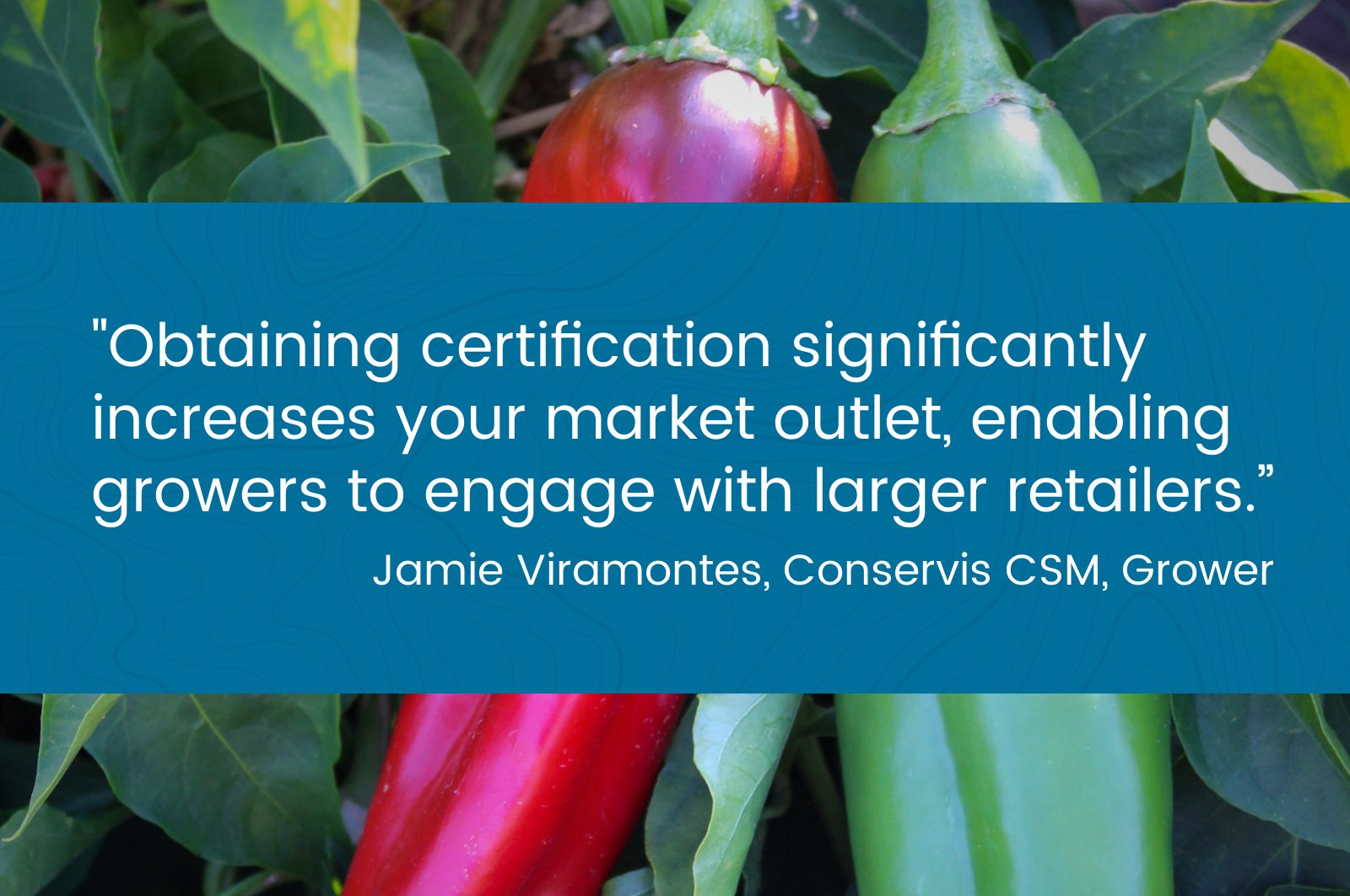
GOOD AGRICULTURAL PRACTICES (GAP)
More than 60% of large farms (500+ acres) use some type of third party assessment tool for GAP. Lucy Salmon, Back Office Manager at Lewis Farms, relies on robust farm data reports to maintain CanadaGAP® certification. She accesses chemical reports which summarize field activities. "It gives me the date, what we applied, and the rate we applied. It gives the weather, which we like, too.”
Whether it is Freshcare in Australia, CanadaG.A.P.®, or GLOBALG.A.P., growers are broadening their market opportunities with agricultural governance. In addition to being GLOBALG.A.P. certified, Gooding Farms is seeking organic certification as well. "When you're talking about an organic certification, they want to see the last three years,” says Diane Gooding.
DOWNLOAD: ESG CHECKLIST
Our ESG Checklist for Agriculture helps you strategize for continuous improvement. Download your free copy today!
